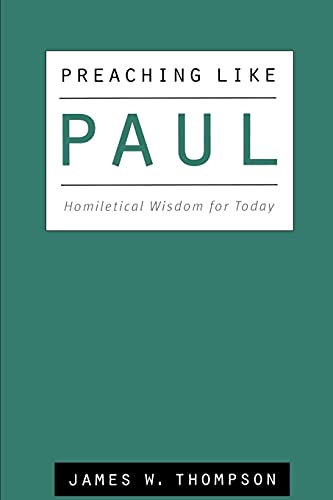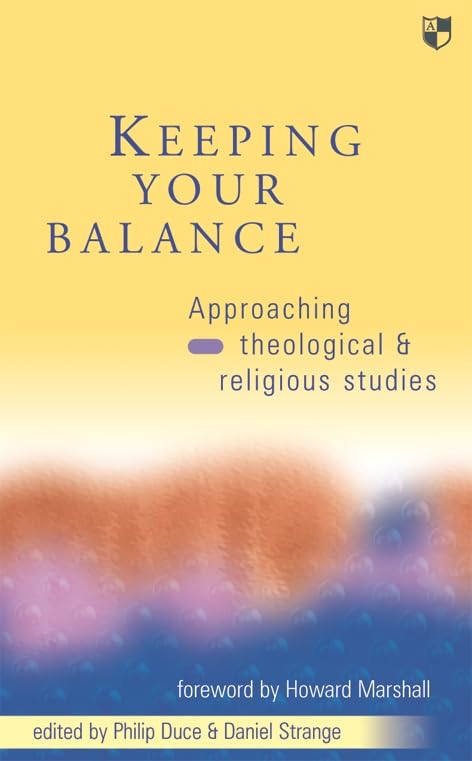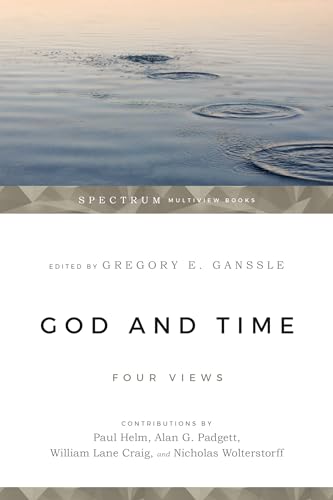BEYOND RETRIBUTION
Written by Christopher D. Marshall Reviewed By Caroline EadeThis book covers a vast range of subject material. Christopher Marshall states that his aim is to explore ‘whether and in what ways the teaching of the New Testament is compatible with, or may contribute to, the vision of “restorative justice” ’. In fact he does much more than this. In the first chapter he provides an overview of the criminal justice system at the time of the NT (‘an underbelly perspective’, seeing as Christians were so often victims of its abuses), and outlines the difficulties inherent in applying biblical teaching to questions to public policy.
The second chapter begins with an examination of the word righteousness in Romans. It is at this point that Marshall establishes the premise that ‘righteousness’, ‘justice’ and ‘justification’ are not primarily legal at forensic terms in the Bible, but relational and covenantal, Marshall replaces a retributive view of God’s justice with a restorative one, and sees the work of the cross in terms of ‘redemptive solidarity’ rather than penal substitution. He goes on to consider Jesus’ teaching as a proclamation of God’s justice: the forgiveness of offenders, the stance of non-retaliation and the love of enemies. Inserted here is a discussion of the lex talionis (the ‘eye for an eye’ motif) which, he argues, affirms equitable principles rather than specifying literal penalties.
Chapter Three is an extensive study of the purpose of punishment, and the major theories that have shaped our criminal justice system. Perhaps the most influential of these, the retributivist theory (or ‘giving people what they deserve’), is subjected to a penetrating critique, despite acknowledgements of its strengths. In its place Marshall calls for punishment that encourages the offender to take responsibility for their offence, and to bring about a reversal of the wrongdoing.
In the fourth chapter Marshall goes on to examine the concepts of divine and human punishment in the NT. With regard to final judgement, he concludes that annihilation is more consistent with the God’s non-retributive nature than eternal punishment.
Chapter Five is a challenge to those who seek to support capital punishment on biblical and/or pragmatic grounds. The final chapter considers forgiveness as the consummation of justice, and as the imitation of God who has forgiven us in Christ.
The wide scope of this book is both its strength and its weakness. At the practical level the book will be interesting to those from a wide range of disciplines. More importantly, it forces the reader to re-examine their understanding of the gospel and the implications for the way in which we deal with crime and wrongdoing in society. It very clearly draws out the links between God’s own character and work of reconciliation, and our own response as Christians both in our personal relationships and to issues of public policy.
On the other hand, Marshall’s ambitious task forces him to deal almost summarily with some complex theological problems, with the conclusion apparently predetermined according to what fits best with his ‘restorative’ thesis. The debates over the nature of the atonement, for example, or over annihilationism, cannot be decided solely on the grounds of whether or not they accord with ‘relational justice’. Of course the argument is circular, because Marshall could contend that as God’s righteousness is restorative his actions cannot therefore the retributive. For the contention to succeed, however, the nature of God’s justice must be established on other grounds, which Marshall does to some extent.
There are a few other minor criticisms that may be levelled at the book. At times the material is not always well ordered, particularly in chapter two. Marshall also makes some rather bold assertions that do not stand up to close scrutiny, but the overall argument remains unaffected. On the whole it is an exciting challenge to reconsider, from a biblical perspective, the terms in which we see justice and punishment. It brings home the fact that Christian attitudes to the criminal justice system are profoundly affected by our understanding—and misunderstanding—of the character of God and his relationship with us.
Caroline Eade
Rickmansworth







